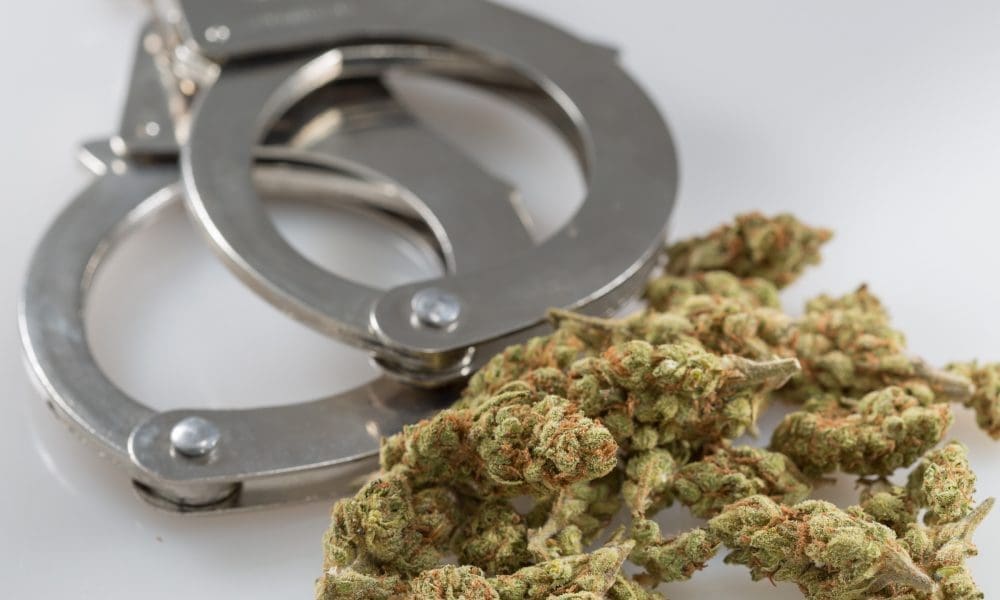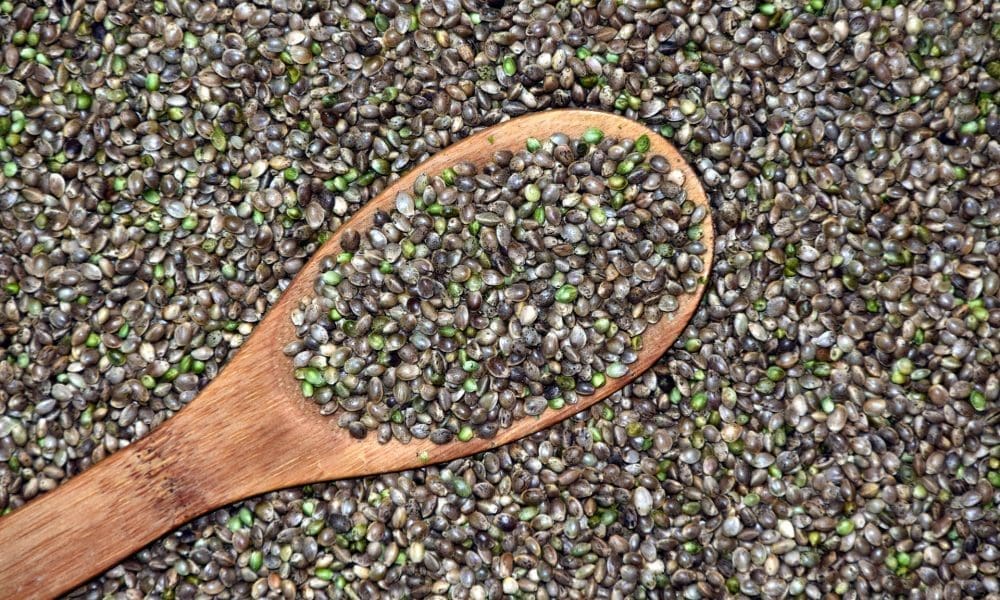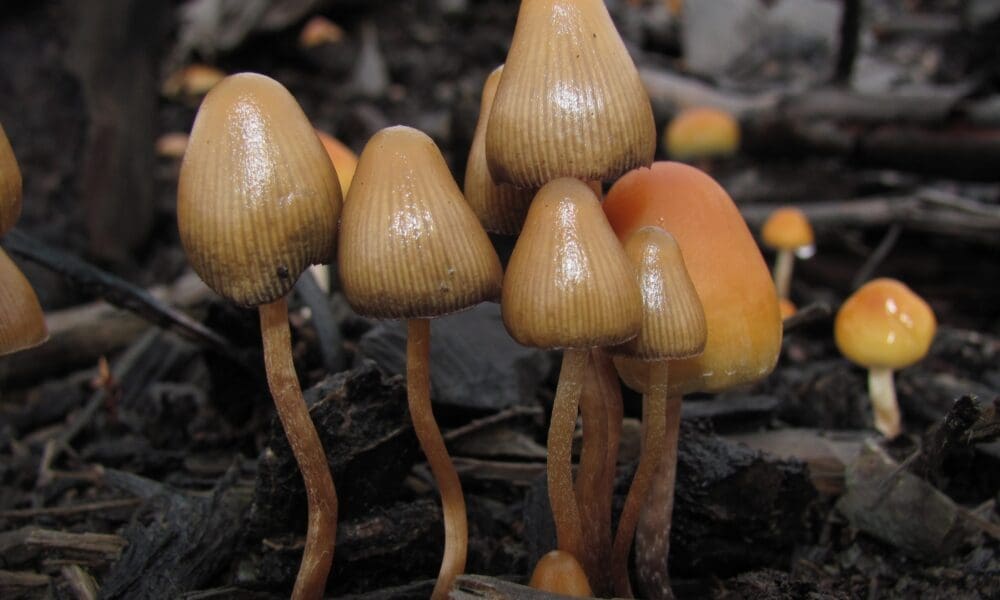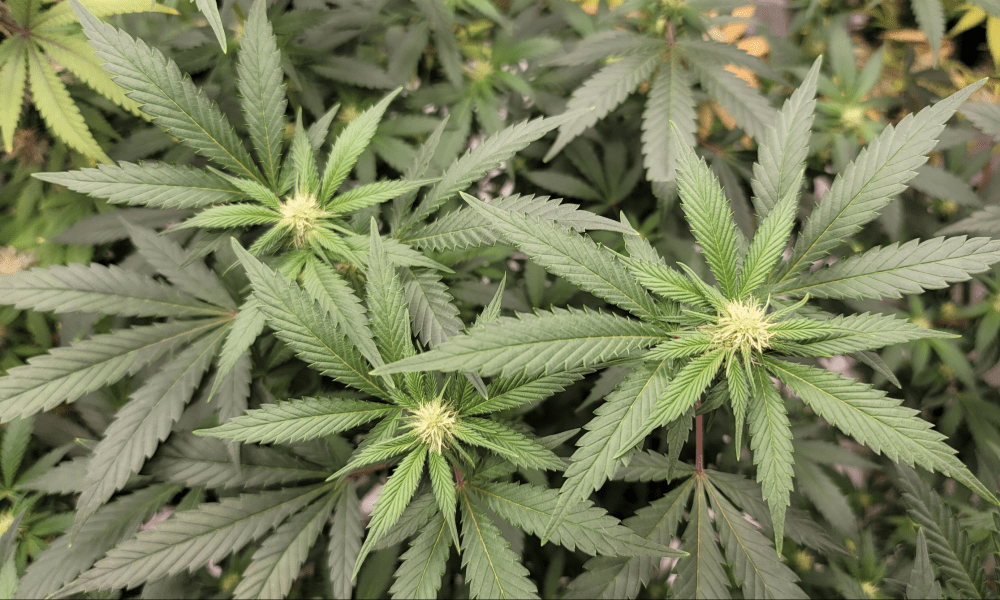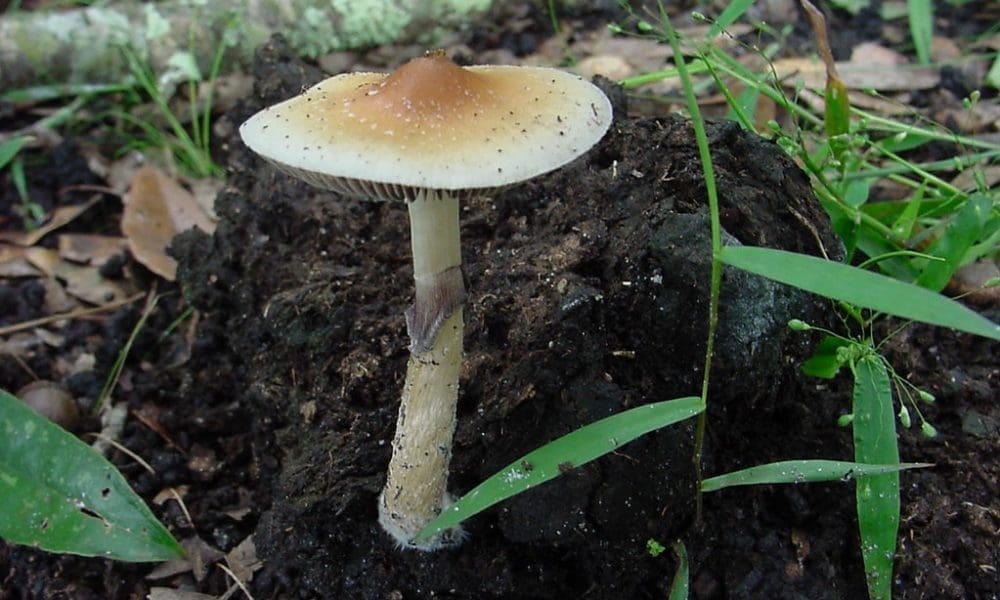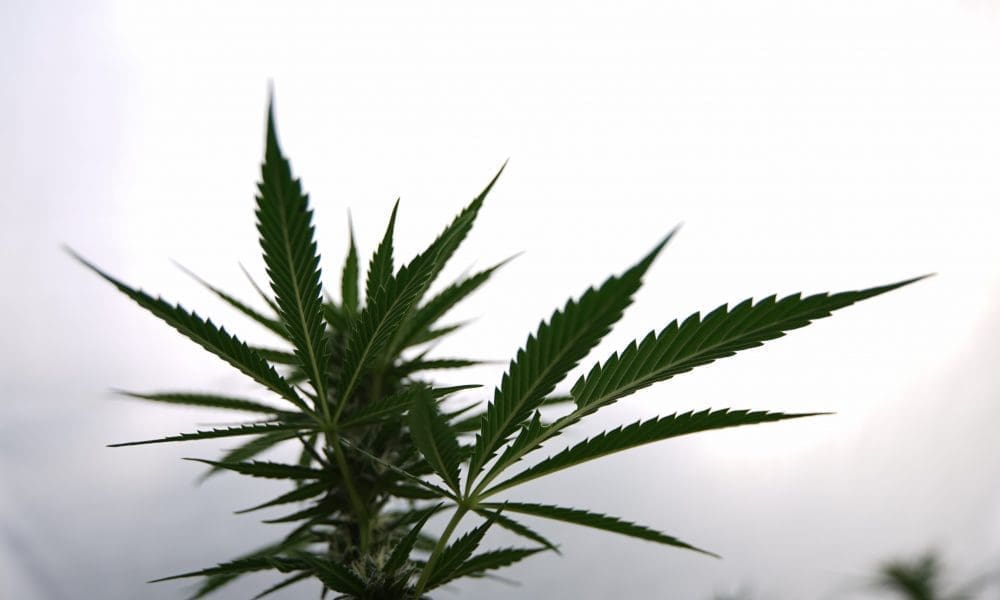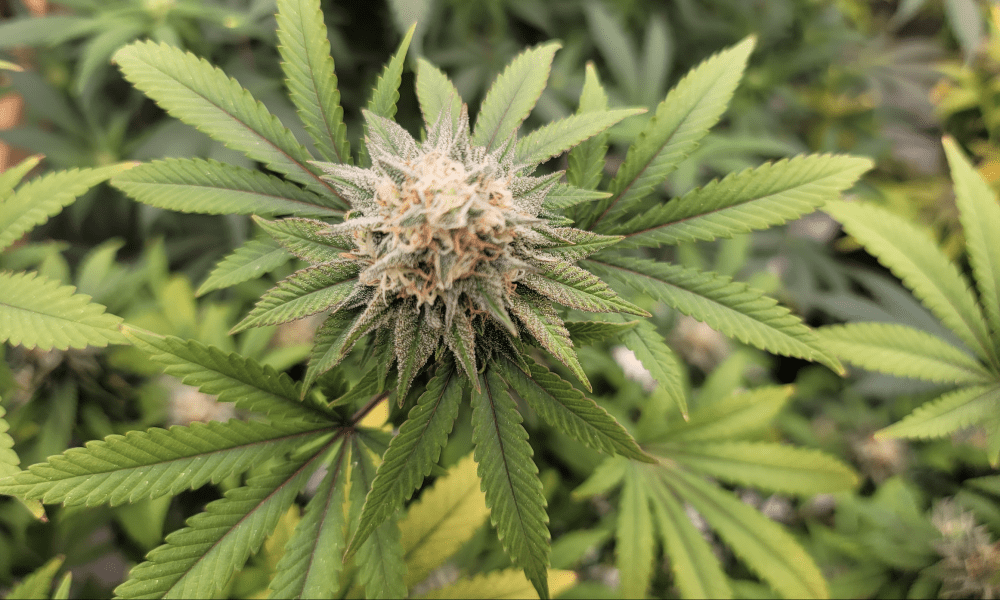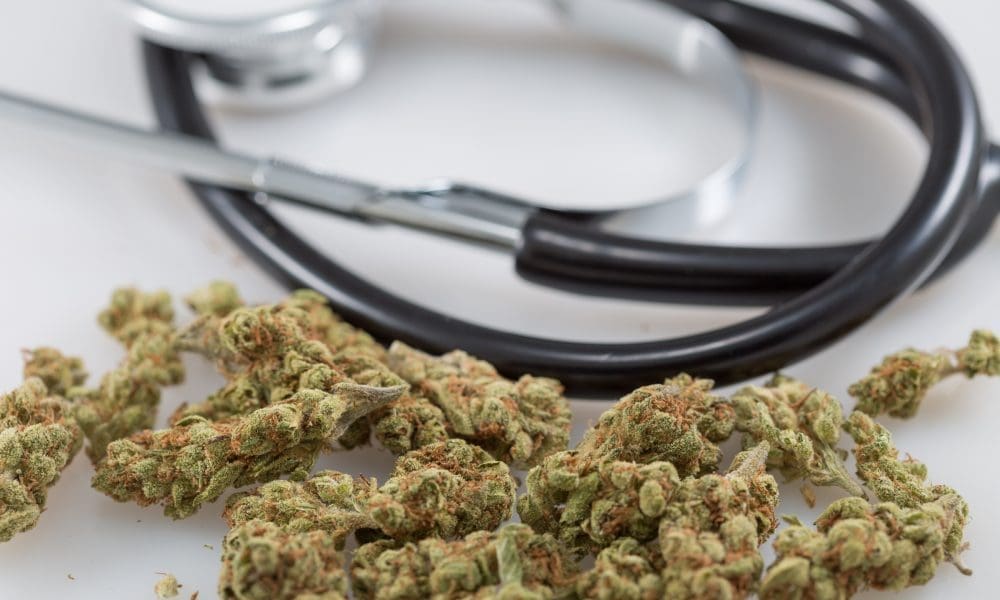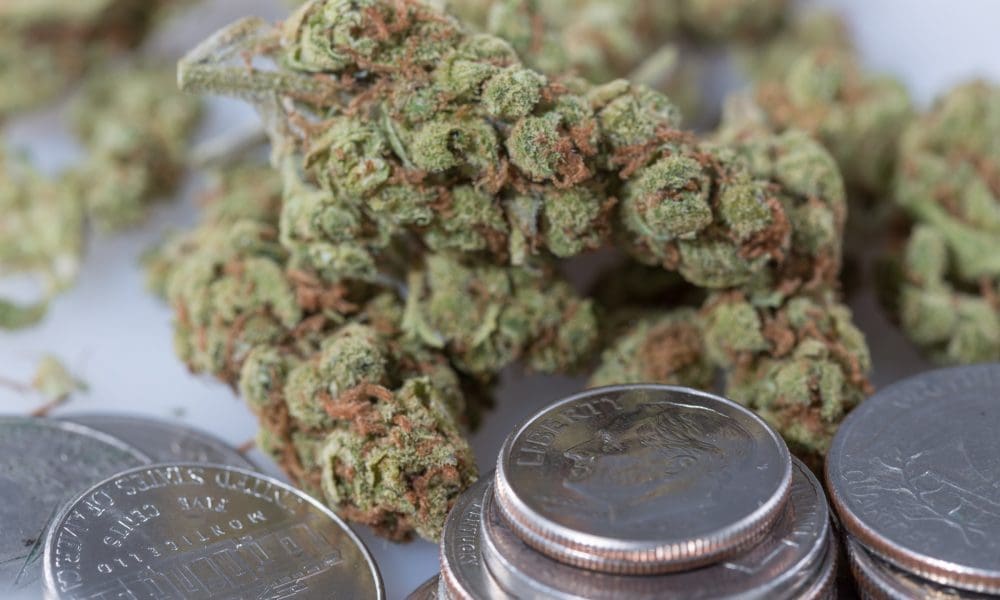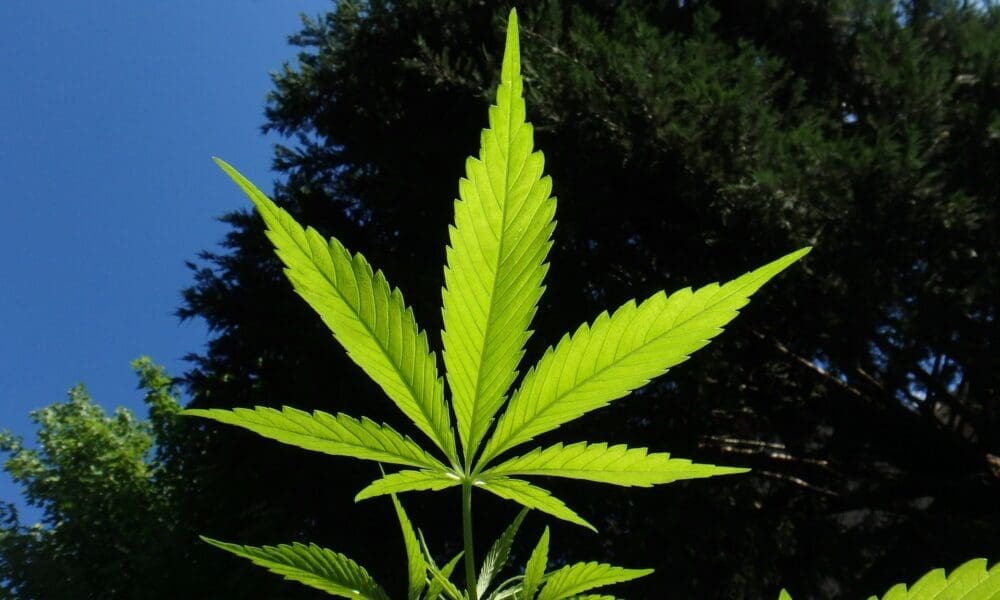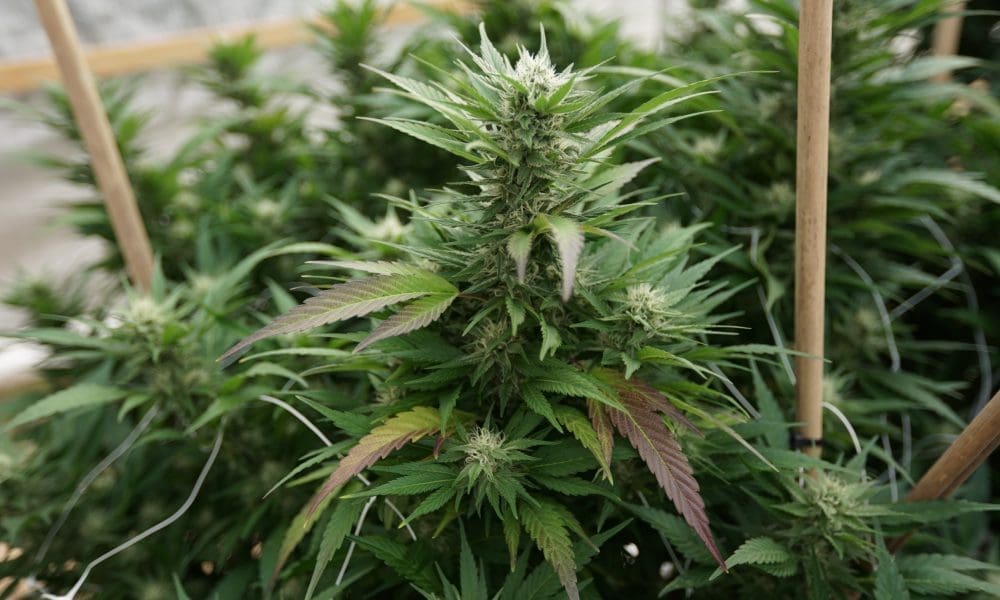
Virginia House Committee Passes Marijuana Sales Bill That Would Open Some Retail Stores In January
A Virginia House subcommittee advanced amended legislation on Friday that would allow existing medical marijuana dispensaries and some small businesses to begin selling cannabis to all adults 21 and older as of next January, with plans to license other retailers over the course of 2025. To take...




